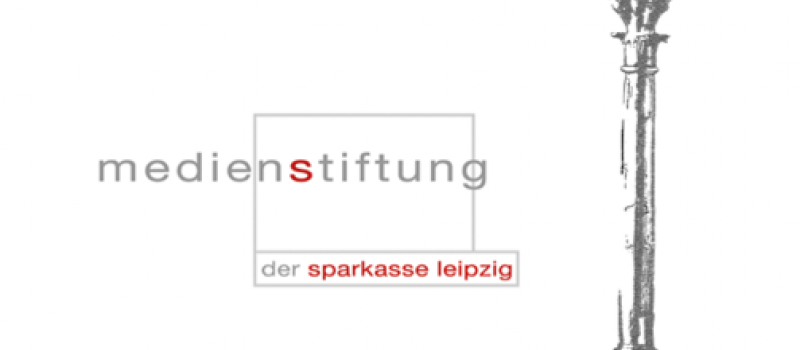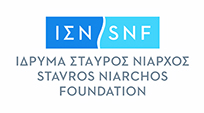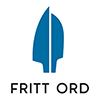
LEIPZIG - The jury of the Leipzig Prize for the Freedom and Future of the Media 2013 have decided to exceptionally award a fourth prize this year: news outlet The Guardian and journalist Glenn Greenwald join the laureates that had already been announced before. Among the other laureates are Journalismfund.eu's Brigitte Alfter and Ides Debruyne.
The decision on this additional nomination, which is unprecedented in the history of the Prize, was made by the jury consisting of the Board and the Council of the Media Foundation of Sparkasse Leipzig on 25 September 2013. Due to the additional award, the Media Foundation increased the total endowment of the Prize to 40.000 Euros in this year.
Journalismfund.eu's Brigitte Alfter and Ides Debruyne are among the laureates that had already been announced before. According to the Media Foundation of Sparkasse Leipzig, they are awarded the prize because they help giving "investigative journalism a future, which is crucial to an open and pluralistic society, even in time of a media crisis“. The award ceremony takes place on 8 October 2013 in Leipzig.
Since 2001, the Media Foundation of Sparkasse Leipzig awards its Prize for the Freedom and Future of the Media to journalists, publishers and institutions who show a strong personal commitment to the freedom and future of the media. The prize is also intended to keep alive the memory of the Peaceful Revolution of October 9, 1989 in Leipzig, when protesters demanded “a free press for a free country".
About the additional nominees
The Guardian and Glenn Greenwald informed the international public about the dimension of global surveillance of digital communication networks in an excellent and journalistically independent manner. Against opposition and despite direct interventions, they continued this work unperturbed. Because of his research and publications, Glenn Greenwald is also suspended to unacceptable personal limitations, threats and hazards.
The Guardian (founded 1821 in Manchester) is one of the most famous British daily newspapers. The Guardian is especially renowned for its investigative and enlightening journalism. Editor-in-chief Alan Rusbridger is considered one of the most prominent media professionals in the world. In the recent years, The Guardian has often researched highly controversial issues: in 2010, the “Afghanistan-Papers” from WikiLeaks were published under the journalistic leadership of The Guardian. Also in 2010, The Guardian revealed the monitoring practice of British newspapers belonging to Rupert Murdoch. Since May 2013, journalist Glenn Greenwald published information about large-scale monitoring programs (PRISM, Tempora) of intelligence services. Because of these reports, the newspaper is set under pressure by the British government and is forced to destroy its material on that issue. This led to worldwide protests of journalist and publishers associations.
The American lawyer, author, blogger and journalist Glenn Greenwald (46) has recently set a highlight of investigative journalism with his revelations about large scale monitoring programs (PRISM, Tempora etc.) of intelligence services. His investigations led to a global reporting on that issue.









